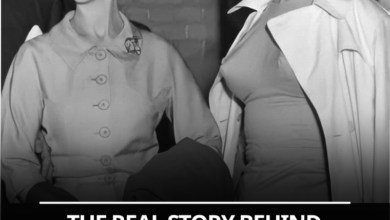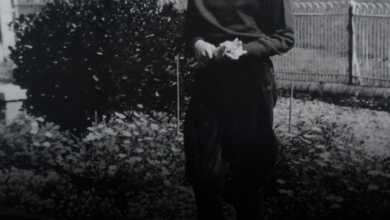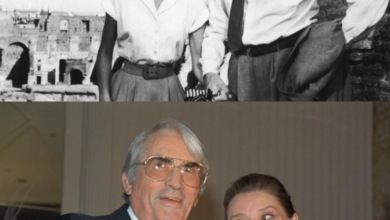Johnny Depp Reveals the Actor Too Big for Cinema: ‘He Just Absolutely Owned It’!
OPINION: This article may contain commentary which reflects the author's opinion.
Few actors manage to redefine the very nature of their craft, but according to Johnny Depp, Marlon Brando did just that. In a candid conversation with Vanity Fair, Depp described Brando as a singular talent, a force so extraordinary that even cinema seemed inadequate to contain him. “He just absolutely owned it,” Depp declared, reflecting on Brando’s seismic impact on acting and storytelling.
A Revolutionary Talent
Marlon Brando’s rise was nothing short of revolutionary. When A Streetcar Named Desire hit stages and screens, audiences witnessed something they’d never seen before: an actor who wasn’t just delivering lines, but inhabiting a role so deeply that it transformed the art form itself. Brando brought a naturalism, vulnerability, and raw power that shattered the conventions of the time. He didn’t just play characters—he became them.
Johnny Depp, no stranger to exploring unique roles and characters himself, acknowledged that Brando was far ahead of his era. “It was revolutionary; it just changed everything,” Depp explained. “Everybody changed their approach from that moment on.” The techniques Brando introduced—emotional authenticity, internalized conflict, and a profound commitment to realism—reverberated through generations of actors. His influence laid the groundwork for the method acting approach that would come to dominate Hollywood’s golden era and beyond.
A Once-in-a-Lifetime Force
Depp’s reverence for Brando isn’t just about his performances; it’s about the timing and cultural shift Brando ignited. “He was placed in that spot for that particular thing,” Depp noted. “And, man, he cranked it.” Brando’s breakthrough came at a moment when the industry was ready for change, and he was the perfect catalyst. It was as though he had been destined to lead the charge, to elevate acting from a craft to an art form that could be both intimate and epic.
The enormity of Brando’s impact wasn’t lost on Depp. Though Depp himself reached global superstardom through films like Pirates of the Caribbean, he recognized that Brando operated on an entirely different plane. Brando wasn’t simply a movie star or a celebrated performer; he was an iconoclast who pushed the medium forward, forever altering the landscape of film and theater.
The Brightest Star
Brando’s career was as tumultuous as it was brilliant. After a meteoric rise that saw him conquer both stage and screen, he spent much of his life moving in and out of the spotlight. Yet even during his periods of retreat, his influence remained undeniable. His occasional returns to form—such as in The Godfather or Last Tango in Paris—served as reminders of his unparalleled ability to command the screen and redefine his craft.
“He had too much,” Depp said, marveling at the profound energy Brando brought to his work. It’s a sentiment that encapsulates why Brando was, in Depp’s eyes, too big for cinema. His talent, his transformative performances, and his willingness to challenge the status quo placed him in a league of his own.
A Legacy That Endures
Marlon Brando’s legacy isn’t just measured by his performances or accolades. It’s seen in how actors approach their roles today, in the vulnerability and authenticity that have become hallmarks of great screen acting. For Depp, and for countless others, Brando remains the actor who broke the mold, the one who was simply too big, too revolutionary, and too influential to ever be confined by the limits of cinema.



